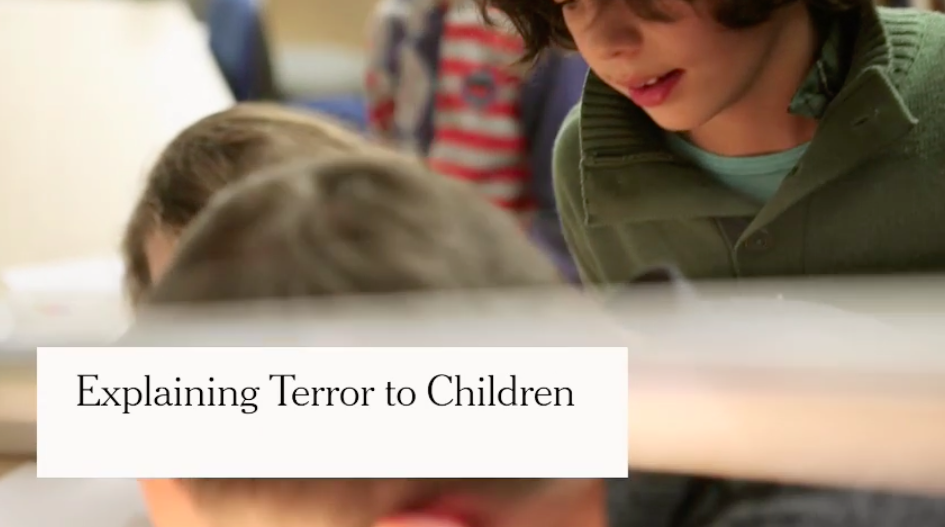Do mentoring pairs tend to meet less as their matches progress? : Evidence from an Irish study
by Bernadine Brady & Pat Dolan
Editors Note: We are delighted to include the perspectives of our colleagues in Ireland, Bernadine Brady and Pat Dolan. As they note, relationships tend to meet less frequently as time goes on. They pose an interesting question–which and ask for your perspective–what should programs’ response be to this trend?
Based on their extensive research, Bernadine and Pat have written a very thoughtful book on the topic of youth mentoring which I highly recommend. A guide to youth mentoring: Providing effective social support.
According to best practice in mentoring relationships, mentors and mentees are expected to meet for at least four hours per month for a minimum of twelve months (MENTOR, 2005). This frequency of meeting is considered important to ensure that a close personal relationship develops between the adult and young person. In 2011, we reported on an indepth study of the Irish BBBS programme (see Dolan et al, 2011), which combined a randomised controlled trial, qualitative interviews and review of implementation data. As part of the study, 72 young people were matched with mentors. Data was collected (from caseworkers) regarding the number of hours each match met during each month of the study. This data highlights some interesting findings in terms of how matches adhere to the guidelines for regular meeting.
In our data, we found an average of 4.32 meeting hours per month for the study sample, which is just above the minimum requirement. However, 43% of matches actually met for less than the average time expected from the programme, while 57% of matches met for four hours or more, which is equal to or above the minim expected. This finding came as a surprise to programme staff who had been of the view that most mentoring pairs met for much a longer time than the minimum required every week.
We were curious to see whether the number of hours that matches met every month changed over time so we calculated the average number of hours that matches met for the first twelve months of their matches. This analysis focused on first matches only and did not include re-matches. The data indicated that matches in the study sample met for up to five hours per month for the first seven months of their matches (see Figure below). After this, the average meeting time declined to around three hours per month. This suggests that matches were less likely to meet the programme criteria (which recommends a minimum of one hour per week) as their match progressed.
We also explored this issue in our qualitative strand, which included interviews with young people, mentors, parents and caseworkers involved in nine mentoring matches. The feedback was that the matches endeavoured to meet weekly and most managed to meet every week or fortnight, certainly for the first six months or so. A number of mentors said that he or she met his or her mentee more or less weekly for the first six months or so to develop the relationship but, after that, the match felt more like a friendship and they didn’t feel the need to meet quite so often. The following quotes sum up the perspectives of one mentor and two caseworkers in relation to the issue.
At the start it was every week and now, so that kind of established the relationship so now, I think he understands that it is ok that we don’t meet so often and I do bring it up and I do say it to him but he doesn’t seem bothered, you know he doesn’t seem to mind at all. (mentor, match 2)
They met quite regularly for the first six months and then after that through sickness and through holidays, sickness on both their behalf, they weren’t meeting every week but the first six months really solidified their relationship so they have quite a strong friendship even though they are not seeing each other every week, but they both seem to be happy with that. It’s not a case of the volunteer can’t meet every week and the young person would like to be meeting every week, it’s kind of something that’s sorted out amongst themselves, but match is going very well. (caseworker, match 3)
LB would be involved in snooker and football so he would have had a lot of tournaments, a lot of practice most evenings. BB would have been working two jobs; in particular the last one which prevented them from meeting but when they do meet up, like it’s a good response. They’re still getting on very well, comfortable in each other’s company but just they haven’t set a set time aside to meet. So in that regard yeah it hasn’t been as consistent. (caseworker, match 4)
The feedback suggested that both parties felt comfortable with easing off the frequent meeting once their relationship was well-established. However, in our research, outcomes from the programme were strongest when the number of hours of meeting was highest, with effects declining as the number of hours meeting declined, which suggests a relationship between frequency of meeting and outcomes.
It could be argued that this trend reflects the nature of authentic relationships in which the rules around meeting tend to be more relaxed. However, another interpretation is that a degree of complacency creeps into the relationship following the initial attentiveness to the programme guidelines regarding meeting frequency. This raises the question – should programme managers pay particular attention to ensuring that matches meet frequently after the six month mark or should they view a less frequent meeting pattern as a sign that a trusting relationship has developed and allow it to take its course naturally? We would welcome your opinions on the matter.
References:
Dolan, P., Brady, B., O’Regan, C., Russell, D., Canavan, J., Forkan, C. (2011) Big Brothers Big Sisters of Ireland: Evaluation Study: Report One: Randomised Controlled Trial and Implementation Report. Galway: Child & Family Research Centre.
Dolan, P., Brady, B., O’Regan, C., Canavan, J., Forkan, C. (2011) Big Brothers Big Sisters of Ireland: Evaluation Study: Report Two: Qualitative Evidence. Galway: Child & Family Research Centre.
Mentor/ National Mentoring Partnership (2005) How to Build a Successful Mentoring
Program using the Elements of Effective Practice: A Step by Step Toolkit for Program Managers. Alexandria, VA: Mentor / National Mentoring Partnership.













